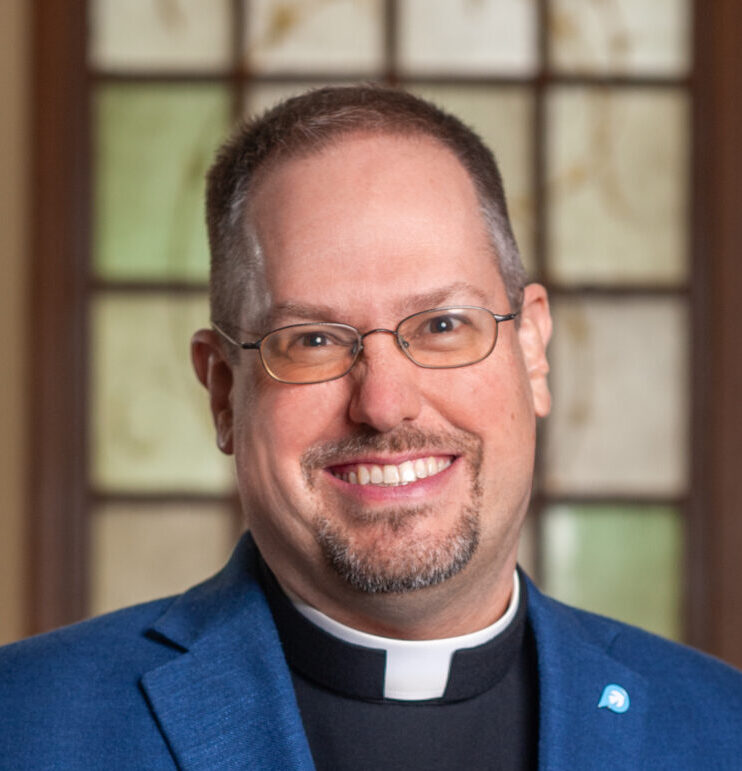3/8/2024
In Vitro Fertilization and the Formation of Conscience
 Fr. Rich Andre, CSP
Fr. Rich Andre, CSP
March 8, 2024
 Fr. Rich Andre, CSP
Fr. Rich Andre, CSP
March 8, 2024
We currently sit in something of a “Holy Saturday” moment, awaiting news from the General Council of the Paulist Fathers. (See Paulist.org/letter to catch up on the news.) We can’t make any promises on when we’ll receive word about the fate of the Paulist Center, but our best guess is that we’ll most likely be emailing you on Tuesday, March 12.
While we wait, I’m addressing another timely and controversial topic.
Since the Alabama Supreme Court ruled last month that all embryos created by in vitro fertilization (IVF) should be considered humans, a lot of Catholics were surprised to learn that the Church opposes IVF. This is likely confusing to Catholics who know of the Church’s desire for married couples to have children, and distressing to those who have used the procedure to conceive a child.
The Church has several concerns about IVF, but the main one is about the fate of the extra embryos that might not be implanted. The Church doesn’t go as far as saying that they are the same as human beings that have been born or as fetuses carried in the womb. Nevertheless, the Church holds that those embryos are beings, not objects.
And there’s a real possibility that some people in our community — including our young adults — were themselves conceived via IVF. Let me state this emphatically as possible for anyone who needs to hear it: the Church cherishes and loves every person born via IVF, just like everyone else. You are beloved by God!
But what is a couple to do if they are struggling to conceive a child who shares their DNA, and now they know about the Church’s opposition to IVF? As when facing any difficult ethical decision, people of faith are called to follow their conscience, but only after sufficiently forming their conscience. Here’s a paraphrase of what renowned bioethicist Kevin O’Neil, C.Ss.R. teaches regarding the steps in conscience formation:
For difficult decisions, Catholics should take the time to truly understand not only what the Church teaches but also why it teaches as it does. For those couples considering the use of IVF, it would be good to consult specialists with experience in many kinds of fertility treatments, parents who have adopted and fostered children, and people who have both experienced the joys of having a child through IVF and shouldered the pain, financial burden, & stress of going through IVF.
When helping people face difficult decisions, the book I most often consult is By What Authority? A Primer on Scripture, the Magisterium, and the Sense of the Faithful by longtime friend of the Paulist Center, Rick Gaillardetz (1958-2023). For those willing to slog through it, there are great rewards in a chapter near the end titled, “Is There a Place For Disagreement in the Church?” The answer is a qualified yes, but you’ll have to read the whole book to get the general gist!